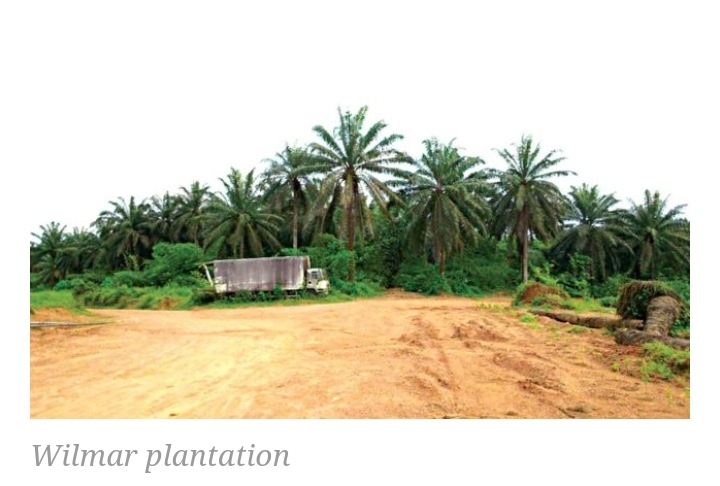By Anietie Akpan, The Guardian Newspaper
Worried by the lingering dispute between communities of Akamkpa, Biase Local Government Areas of Cross River State and Wilmar Palm Plantation, environmentalists have called for the intervention of traditional institutions to end squabbles over land.
Communities in Mbarakom, Ekong Anaku and others within Akamkpa and Biase Councils have complained of marginalisation, inhuman treatment, land grabbing, injustice, loss of lives through poor labour conditions, and non-implementation of Memorandum of Understandings (MOUs) against Wilmar and other multinationals operating in their areas.
Speaking at a one-day validation workshop on engagement with policy makers last week in Calabar organized by Environmental Rights Action/Friends of the Earth (ERA/FoEN) in collaboration with Community Forest Watch, NGOSE and MOSOP, an Associate Professor of Geography and Environmental Science, University of Calabar, Dr. Raphael Offiong said, “From 2017 till date, the issues that border on redress mechanism, especially on compensations, MoUs, rights of communities, royalties and other benefits have been ongoing, and they have not made any headway.”
In her presentation, titled “Strategies for Women Involvement in Land Reform” Dr. Rebecca Enuoh, from the University of Calabar, called for stiffer actions by affected communities, saying gender inequality in law is related to poverty, adding that exclusion of women, and land reforms generally involves the changing of laws, regulations or customs regarding land ownership.
Enuoh submitted that women’s access to use and control of land and other productive resources were essential to ensuring their rights to equality and to an adequate standard of living.
Chief Ita Ekpo from Mbarakom said, “The time has come for us to go the traditional ways. We are tired of all these oppressions by the multi-nationals. The Government and House of Assembly have failed us. So we have to take our faith in our hands.”
During their earlier meeting with the House Committee in Calabar, Wilmar’s Controller, Sustainability for Africa, Mr. Isaac Mensah, denied any exploitation of the workers.
“We have supported the rehabilitation of schools like the one in Mbarakom and Aneghege well equipped with staff quarters, water supply and others in all our host communities.
“So our investment in schools stands at $1.5 million and we have provided 180 scholarships …Wilmar has provided boreholes in 19 out of its 20 communities and provide medical assistance, have done 130 km of roads. ”

Leave feedback about this